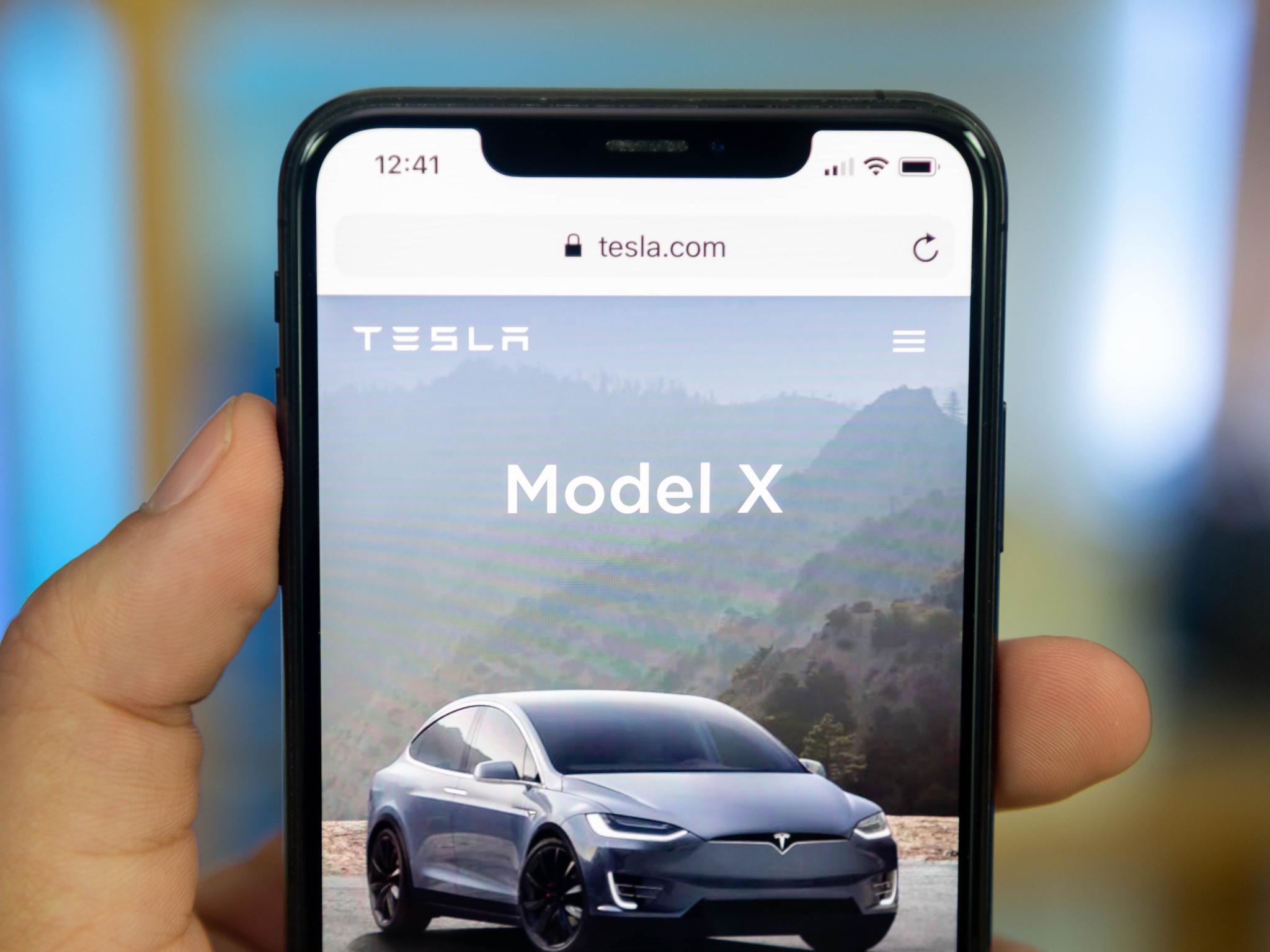
Electric vehicles are disrupting more than a switch from traditional automakers to electric vehicle manufacturers, they’re also disrupting the methods customers purchase vehicles. Could electric vehicles disrupt the traditional dealer model?
What Happened: Traditional car companies could be in trouble with competition from electric vehicle companies when it comes to shopping online and providing accurate delivery times, Loup Ventures managing partner Gene Munster argued.
“While the failure to quote delivery times online may seem insignificant, it’s another example of how traditional automakers are in trouble,” Munster said.
Loup surveyed 11 automotive companies selling electric vehicles in the U.S. The companies surveyed were Tesla Inc (NASDAQ:TSLA), Ford Motor Company (NYSE:F), Hyundai Motor Corp (OTC: HYMTF), Groupe Renault (OTC:RNLSY)-owned Nissan, Geely Automobile Holding's (OTC:GELYY) Volvo, Rivian Automotive (NASDAQ:RIVN), Volkswagen Group (OTC:VLKPF)-owned Audi and Porsche, Tata Motors Limited ADR (NYSE:TTM)-owned Jaguar, BMW (OTC:BMWYY) and Chevrolet, owned by General Motors Company (NYSE:GM).
Munster reported that only three of the 11 surveyed companies provided estimated delivery times online.
“My view is that manufacturers who resist giving consumers the option to order online, or withhold basic data like quoting lead times, are operating from the 80-year-old ‘get the consumers into the store and pressure them to buy’ sales model.”
The current sales model consists of getting information from a potential buyer, getting them into the showroom and then pressuring them to buy a vehicle that is on hand, Munster argues.
Munster said the average delivery time for Tesla is 175 days. Other delivery times provided by companies called by Loup were 130 days to 210 days. Several of the electric vehicle models from companies polled do not give quote times on vehicles.
Related Link: The Religion Of Tesla: How Gigafactory Texas Fanfare Shows The Strong Brand Of EV Giant
Why It’s Important: Electric vehicles have disrupted the automotive market and along with changing specifications on vehicles, many offer online sales and the ability to customize the vehicle prior to delivery.
Traditional automobile companies have utilized a dealership model that includes franchised dealers, service centers and other items that provide a boost to revenue along with the sale of the vehicle.
Munster stated “traditional car companies still don’t get it” and he could be right.
Tesla has dominated the market for electric vehicles in the U.S. To compete, traditional automotive companies have to build electric vehicle models that customers want, provide attractive price points and be able to sell and get them to customers.
Without adapting to the online sales model that has been convenient and lowered the price point for vehicles, traditional automotive companies could be in more trouble against electric vehicle leader Tesla.
Photo: makesushi1 via Shutterstock







